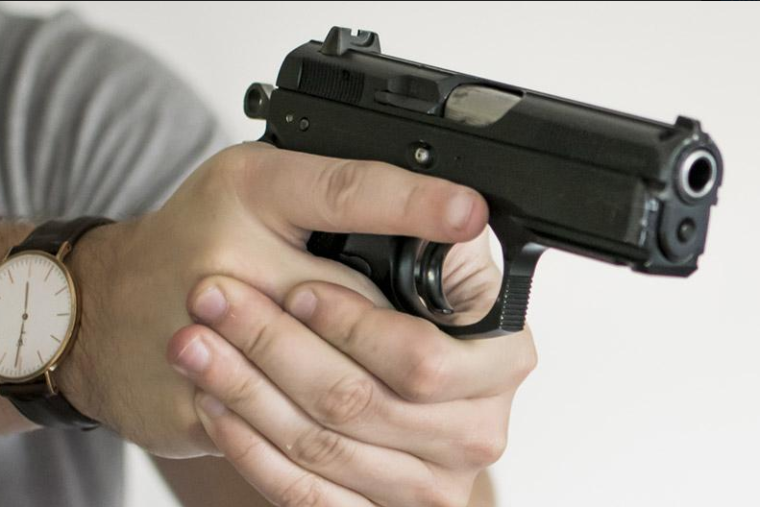Imagine you’re up late one night. It’s after midnight, and maybe you’re finishing a movie. Or perhaps you’re reading a book, and it’s too good to put down. Or maybe you’re like a young man named Andrew Scott: You’re playing video games with your girlfriend.
You hear a loud pounding on your front door. You’re not expecting anyone, and no one is shouting or yelling anything from the other side. Instead, the pounding continues, and the door rattles on its hinges. If this happened to me, living in a rural part of Tennessee, I’ll tell you exactly what I’d do — I’d answer the door warily, with a gun at my side.
After all, my home is my castle. It’s where my wife and kids are, and it’s hard to imagine a situation where there’s loud pounding, that late, that doesn’t involve a degree of urgency. I have a constitutional and a human right, guaranteed under the Second Amendment, to defend my family, my life, and my home.
Unless, of course, the people pounding on the door are cops who 1) had no search warrant, 2) didn’t turn on their emergency lights, 3) didn’t identify themselves as police, 4) misunderstood a neighbor’s directions, and 5) showed up at the wrong house, the house of a completely innocent man. Then, my right to defend myself turns into a right to die in two seconds flat, without firing a shot or even clambering a round.
That’s the effective holding of a panel of the Eleventh Circuit Court of Appeals, a holding that the entire Circuit declined to review en banc just last week. The officer who shot Andrew Scott, a man by the name of Richard Sylvester, never faced prosecution for killing an undeniably innocent man. That decision is wrenching but defensible. There was conflicting testimony as to whether Scott was pointing the gun at the officers, and the officers did (mistakenly) believe they were at the home of a man who they thought had just committed a violent crime.
by David French



